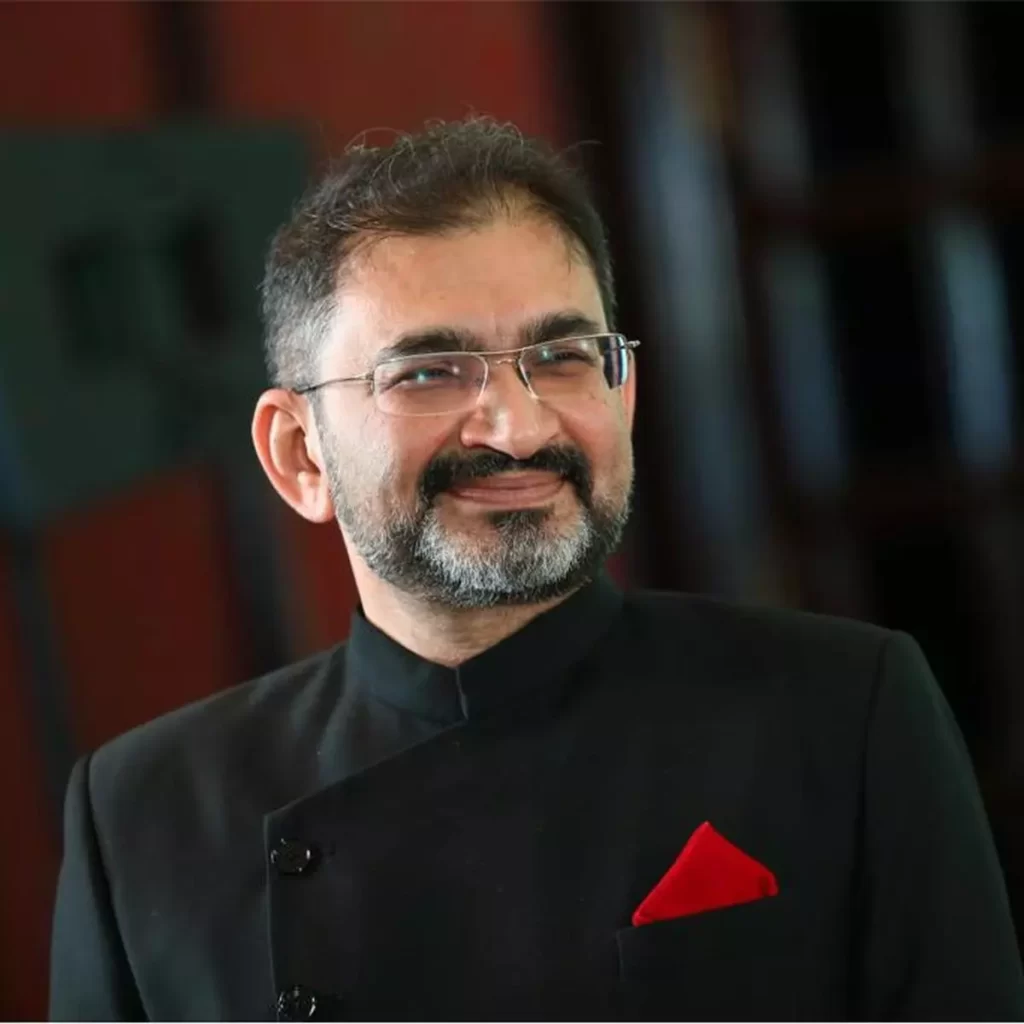“Finance Ministry Appoints SEBI ED Pramod Rao to IFSCA Board”
The Finance Ministry has recently made a significant appointment to the International Financial Services Centres Authority (IFSCA) board. Pramod Rao, the Executive Director (ED) of the Securities and Exchange Board of India (SEBI), has been appointed as a member of the IFSCA board. This move holds great importance for students preparing for various government exams, including positions in teaching, police, banking, railways, defense, and civil services like PSCS to IAS. In this article, we will explore the details of this appointment, its significance, historical context, and key takeaways for exam preparation.

Why this News is Important:
Enhancing Financial Governance : The appointment of Pramod Rao to the IFSCA board holds immense importance for aspirants preparing for government exams. This news is significant due to the following reasons:
Expertise and Experience : Pramod Rao’s extensive experience and expertise in the financial sector make him a valuable addition to the IFSCA board. His insights and knowledge will contribute to effective decision-making processes, which is essential for maintaining the integrity and stability of the financial system. Aspirants preparing for government exams, particularly those related to banking and finance, should be aware of the key individuals driving financial policies and regulations.
Historical Context:
Establishment of the IFSCA
To understand the significance of this appointment, it is important to consider the historical context. The establishment of the IFSCA in 2019 aimed to promote the global competitiveness of India’s financial services sector. It serves as a unified authority for regulating all financial services in international financial centers across the country. This appointment reflects the government’s commitment to strengthening the regulatory framework and enhancing the role of experts in financial governance.
Key Takeaways from “Finance Ministry Appoints SEBI ED Pramod Rao to IFSCA Board”
| Serial Number | Key Takeaway |
|---|---|
| 1 | Pramod Rao, the Executive Director of SEBI, has been appointed as a member of the IFSCA board. |
| 2 | His appointment aims to strengthen financial governance within the international financial services centers in India. |
| 3 | Pramod Rao’s expertise and experience in the financial sector make him a valuable addition to the IFSCA board. |
| 4 | This appointment will enhance coordination between SEBI and the IFSCA, benefiting the overall financial ecosystem. |
| 5 | The IFSCA was established in 2019 to regulate financial services in international financial centers, and this appointment signifies the government’s commitment to its growth and development. |
Important FAQs for Students from this News
Q: What is the IFSCA?
A: The International Financial Services Centres Authority (IFSCA) is a unified authority established in 2019 to regulate financial services in international financial centers in India. It aims to promote the global competitiveness of India’s financial services sector.
Q: Who has been appointed to the IFSCA board by the Finance Ministry?
A: Pramod Rao, the Executive Director (ED) of the Securities and Exchange Board of India (SEBI), has been appointed to the IFSCA board.
Q: What is the significance of Pramod Rao’s appointment?
A: Pramod Rao’s appointment strengthens financial governance within the international financial services centers in India. His expertise and experience in the financial sector contribute to effective decision-making and interregulatory coordination.
Q: How does this appointment impact aspirants preparing for government exams?
A: Aspirants preparing for exams related to banking, finance, and regulatory bodies should be aware of key appointments and individuals shaping financial policies and regulations.
Q: What is the historical context of the IFSCA’s establishment?
A: The IFSCA was established in 2019 to regulate financial services in international financial centers across India. It reflects the government’s commitment to strengthening the regulatory framework and promoting the growth of the financial services sector.
Some Important Current Affairs Links


